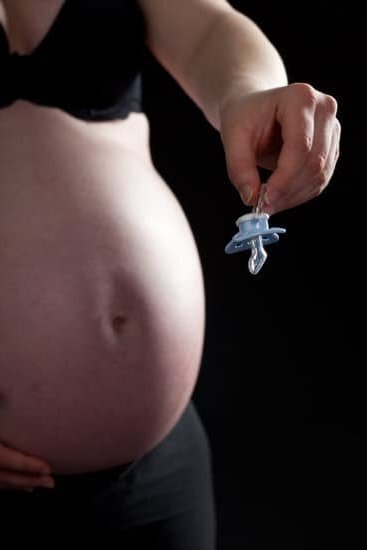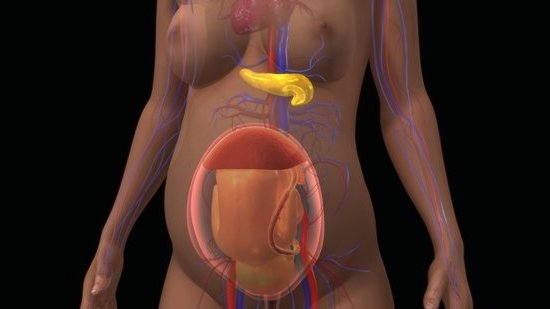How Much White Discharge Is Normal During Pregnancy
There is a lot of discussion about vaginal discharge during pregnancy. You may have heard that there is a lot of discharge and that it is normal. So, what is the truth
It is true that there is an increase in vaginal discharge during pregnancy. The discharge is made up of secretions from the cervix and the vagina, as well as bacteria and cells from the vaginal wall. This discharge helps to keep the vagina clean and healthy. It also helps to protect the baby from infection.
The amount of discharge varies from woman to woman, and even from pregnancy to pregnancy. Some women have a lot of discharge, while others have very little. It is also normal for the discharge to change in amount and consistency throughout the pregnancy.
So, how can you tell if the amount of discharge is normal or not If the discharge is clear or white and doesn’t have a bad smell, it is likely normal. If the discharge is thick, green, or has a bad smell, it may be a sign of infection and you should see your doctor.
So, what is the bottom line Discharge is normal during pregnancy, but if it changes in amount or consistency, or if it has a bad smell, you should see your doctor.
Does Mucus Discharge Indicate Pregnancy
Mucus discharge is a common occurrence during a woman’s menstrual cycle. The amount and color of discharge can vary from person to person and can also change throughout the month. While mucus discharge is not always an indication of pregnancy, it is one of the most common early signs.
During pregnancy, the body produces more estrogen and progesterone. These hormones can cause the cervix to produce more mucus. This discharge is typically clear or white and may be thick or thin. It can also be sticky or have a mild odor. If you are pregnant and have any concerns about your discharge, be sure to speak with your doctor.
Does Discharge After Ovulation Mean Pregnancy
No, after ovulation some women will experience a discharge that is thin and watery. This discharge is called ovulation discharge and is not a sign of pregnancy. Ovulation discharge is caused by the release of the egg from the ovary and is a normal part of the menstrual cycle.
Is Creamy Discharge A Sign Of Pregnancy
The answer to this question is a little complicated. For most women, creamy discharge is not a sign of pregnancy. However, for some women, creamy discharge can be a sign of early pregnancy.
Creamy discharge is often caused by changes in the hormone levels during early pregnancy. When a woman is pregnant, her body starts to produce more of the hormone progesterone. Progesterone can cause the mucous membranes in the vagina to become thicker and produce more discharge.
If you are experiencing creamy discharge and you think you might be pregnant, you should take a pregnancy test. If the test is positive, you should see a doctor for further evaluation.
Do You Get More Discharge In Early Pregnancy
The answer to this question is a little bit complicated, because there can be many different causes of discharge during pregnancy. In the early stages of pregnancy, some of the most common causes of discharge are implantation bleeding and increased estrogen levels. Increased estrogen levels can cause the cervical mucus to become thinner and more slippery, which can lead to an increase in discharge.
However, other causes of discharge during early pregnancy include STDs, yeast infections, and bacterial vaginosis. If you are experiencing an increase in discharge during early pregnancy, it is important to see your doctor to determine the cause. If the discharge is accompanied by other symptoms, such as itching, burning, or a strong odor, then it is likely that you have a yeast infection or bacterial vaginosis, and you will need to be treated.
If the discharge is not accompanied by any other symptoms, then it is most likely just caused by the increase in estrogen levels. However, it is still important to consult with your doctor to make sure that everything is okay.

Welcome to my fertility blog. This is a space where I will be sharing my experiences as I navigate through the world of fertility treatments, as well as provide information and resources about fertility and pregnancy.





